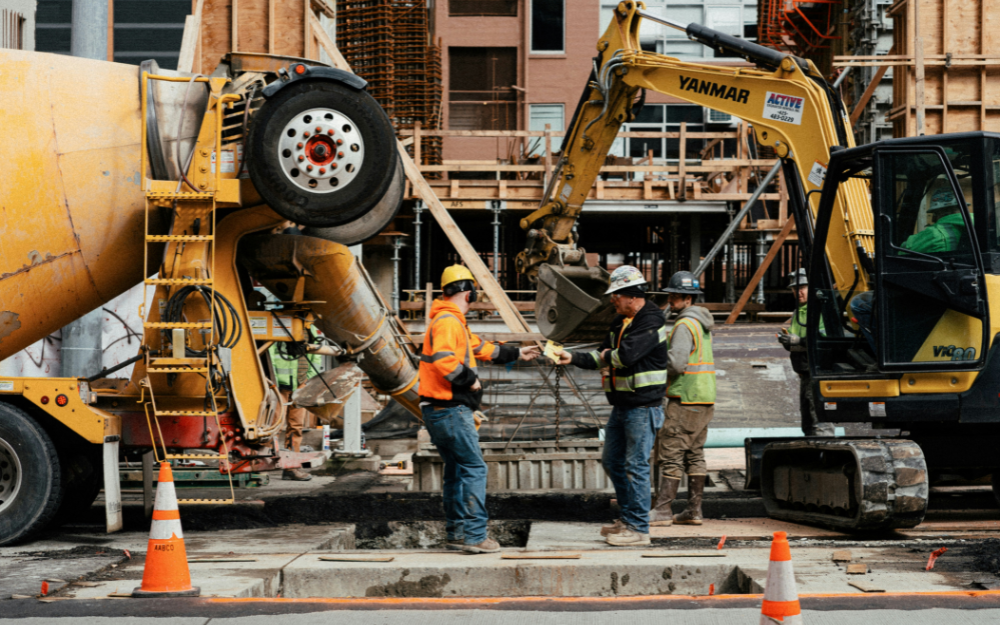
There are rules around when you are able to access your super, and depending upon your age and employment situation there may be tax payable when you receive your super benefits. You can receive your super as either an income stream (pension) or as a lump sum payment.
Are there any tests I need to meet to access my super?
There are rules which you must meet to be able to access your super. This is because the Government wants you to use your super to help fund your retirement, and does not want you spending your funds before then. These rules are known as ‘conditions of release’ and vary depending upon your age. You can access your super if:
- You are over your preservation age* (see below) and permanently retired from full or part-time employment, or
- You cease employment and you are at least 60 years of age, or
- You reach 65 years of age.
There are also additional types of condition of release requirements – for example, if you suffered an accident or illness that meant you couldn’t work again or were in financial hardship. These are all governed under super law. For more information about the different types of condition of release requirements, please speak to your financial adviser.
* For people born before July 1960 their super benefits are preserved until age 55. For younger people the preservation age is between 55 and 60 as set out in the table below:

A condition of release was introduced in July 2005 known as transition to retirement. This allows you to access your super as an income stream (or pension), even if you are still working. You are not able to make lump sum withdrawals until you meet one of the other conditions of release listed above.
For more information, please refer to the ‘Transition to Retirement Pension’ fact sheet under the Retirement Income Financial Education Series.
What is preservation status?
As mentioned earlier, you must satisfy a condition of release to access your super. Generally, your super is preserved which means it cannot be accessed until you meet that condition.
However, there are some exceptions and the following table shows the different preservation amounts:

It is important that you speak with your super fund regarding rules they may have around preserved amounts and accessing your benefits and your financial adviser can assist you with this.
Will there be tax on my super withdrawal?
Tax may be payable depending upon your age and how you withdraw your super.
The majority of people can access their super tax free either as a lump sum or pension from age 60. Remember that you must still meet a condition of release to be able to access your super.
The table below shows the tax payable on your super:

What happens to my super when I die?
Your super components are treated differently for tax purposes depending upon who you leave them to upon your death. You can have your super paid as either a lump sum or pension upon your death; however a pension can only be paid to a spouse or dependant child up to age 25. When the child reaches age 25, the pension will convert to a lump sum and will be paid out tax free, unless the child is permanently disabled, in which case the pension can continue.
A pension will not be able to revert or be paid to a non-dependant on death; instead payments to non-dependants will have to be made as a lump sum. This means that adult children, unless financially dependant upon you, can only receive a lump sum.
The table below sets out the tax treatment of your super if paid as a lump sum:

A dependent under tax law includes:
- Your spouse, including a de facto spouse (of opposite or same sex)
- Your children under 18 (or your spouse’s)
- A person with whom you had an interdependency relationship
- A person who was a dependant of you just before your death
Adult children do not meet the definition of a dependant for tax purposes, unless they are financially dependant upon you, or you are financially dependant upon them, at the time of your death.



